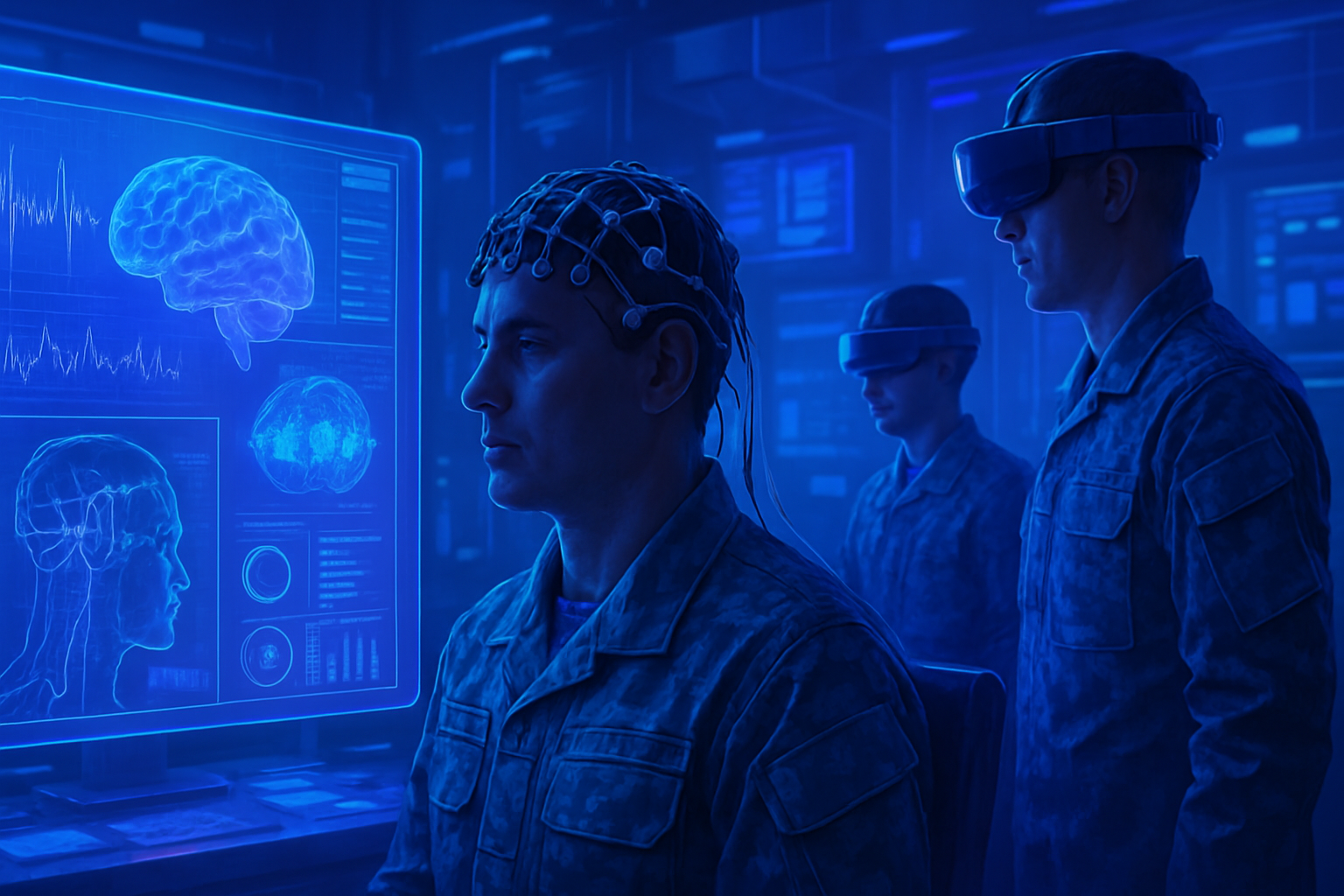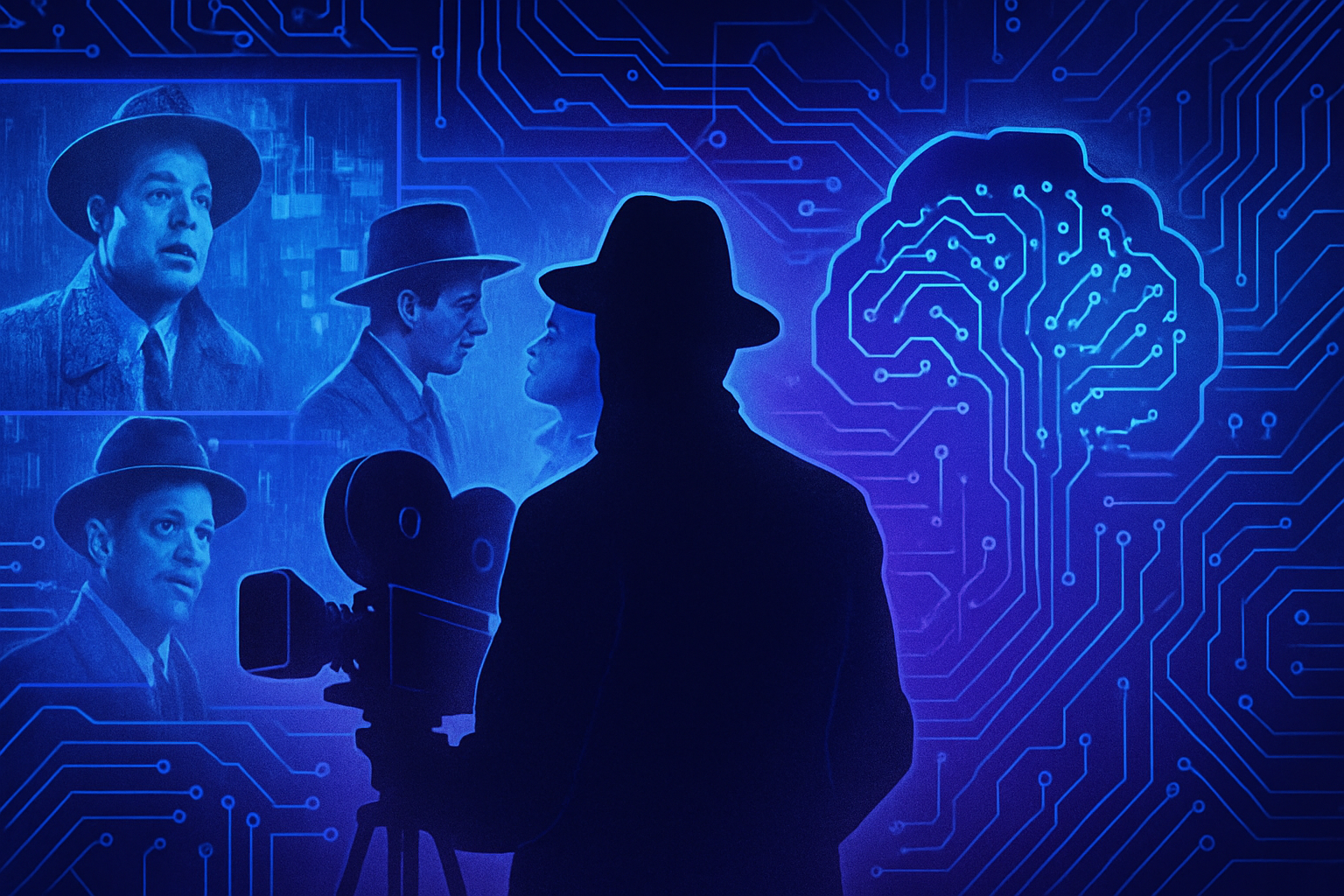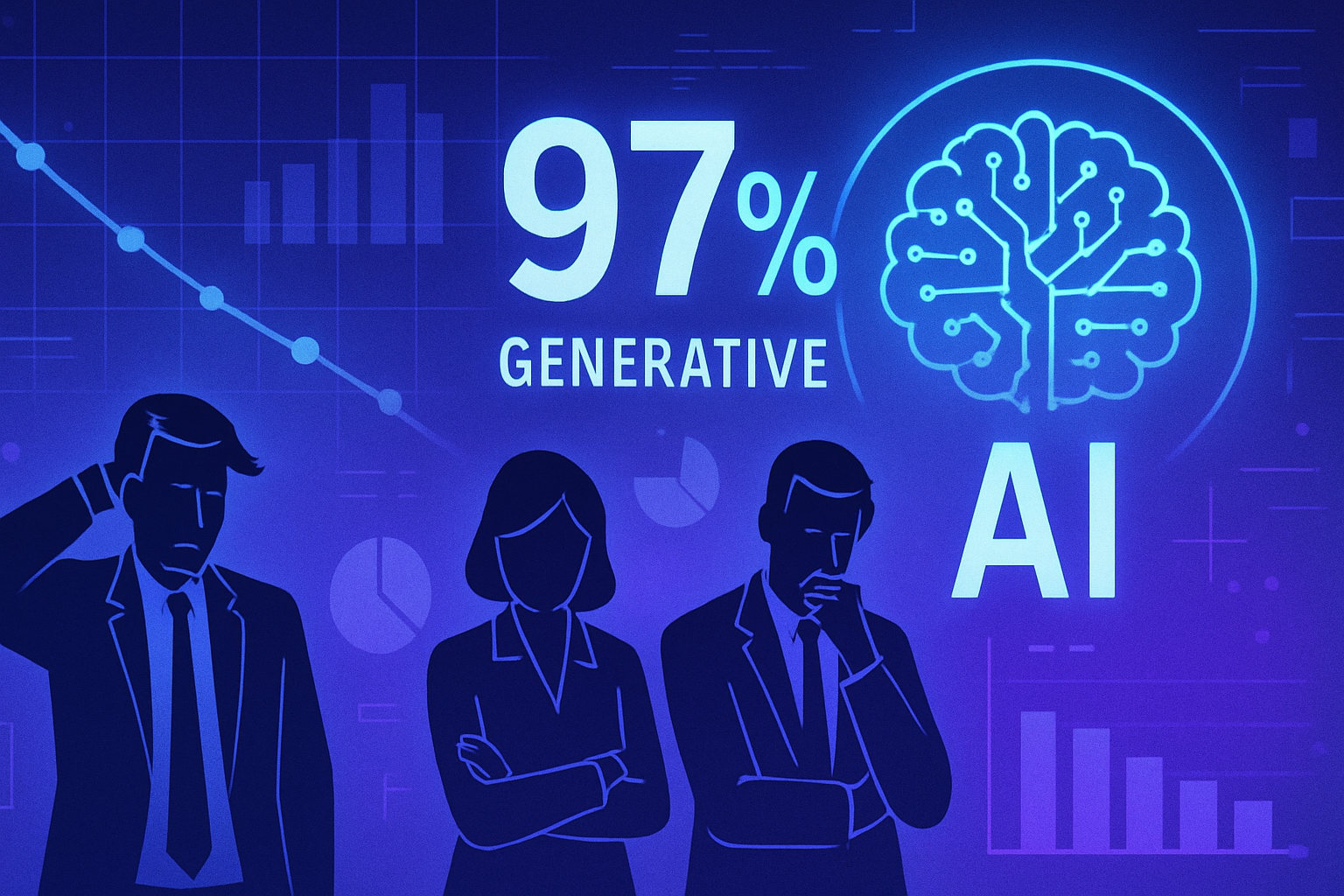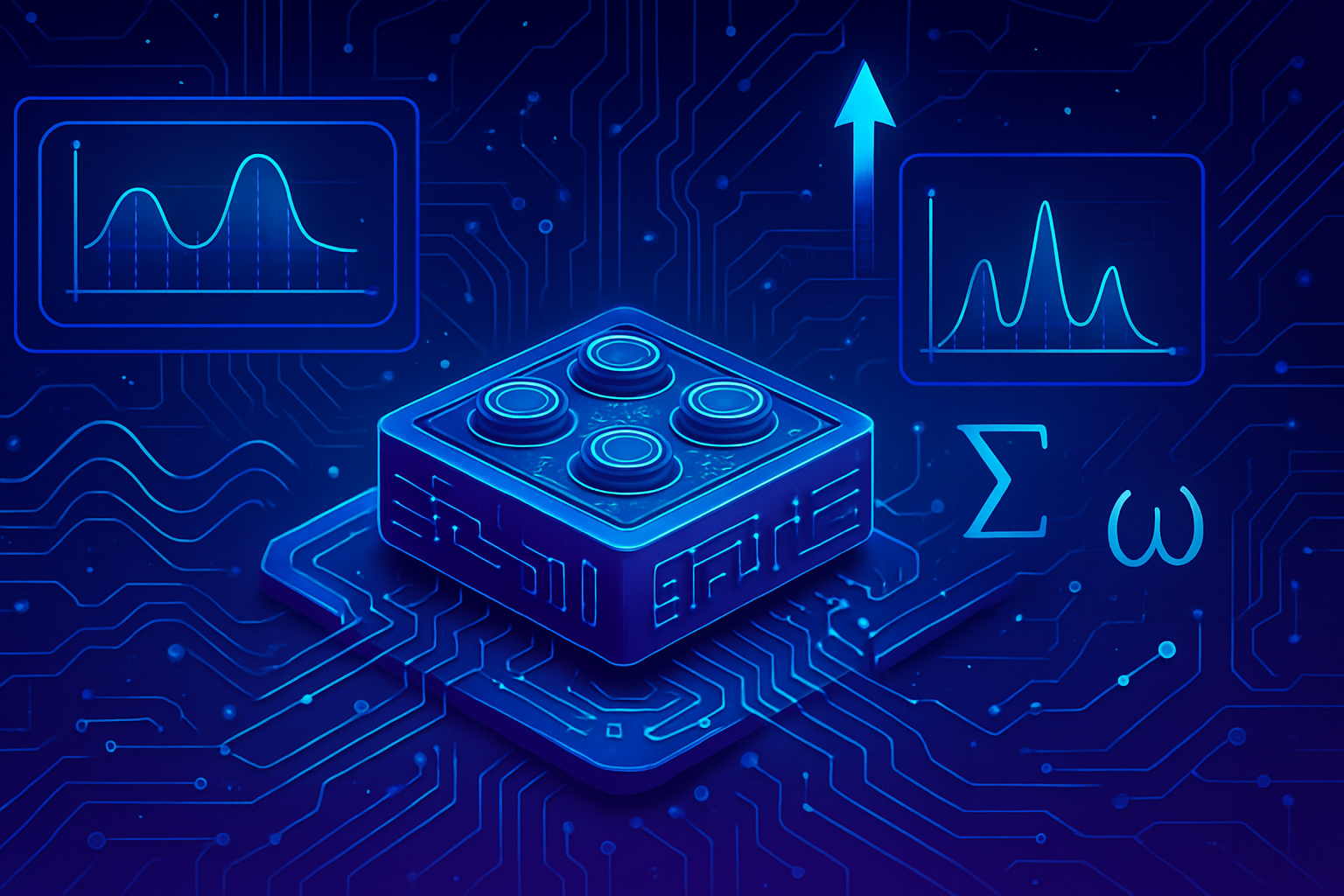The strategic stakes of military brain health lead to unprecedented technological innovations. _Portable tools are revolutionizing the diagnosis of brain injuries._ The integration of virtual reality and mobile applications enables instant assessment of cognitive abilities. _These advancements result in a rapid and effective medical response._ New screening methods enhance the safety of soldiers in the field, ensuring their optimal preparedness.
Assessment of Military Brain Health
Cognitive preparation defines an individual’s ability to adapt to changes in their environment. This ability involves fundamental functions such as maintaining balance after a fall or making informed decisions in difficult situations. Within the military domain, this preparation is crucial for ensuring the health of soldiers and the success of missions.
Head injuries are a major source of cognitive impairment. Between 2000 and 2024, more than 500,000 military personnel have been diagnosed with traumatic brain injuries, often resulting from falls during training or exposure to explosions on the battlefield. Cognitive degradation factors, such as sleep deprivation, can be addressed through rest, while those caused by injuries require prolonged medical care.
Innovative Diagnostic Technologies
Cognitive preparation tests currently used in the military show a lack of sensitivity to detecting subtle variations in cognitive performance. Christopher Smalt, a researcher at the human performance lab, highlights this point. The cumulative effects of these exposures are often poorly documented during military careers or during the transition to veterans’ affairs, complicating the provision of effective support.
A team from the lab has undertaken to develop portable diagnostic tools enabling real-time screening of brain injuries and cognitive health. Among these innovations, the READY application helps identify potential changes in cognitive performance in less than 90 seconds. Another tool, named MINDSCAPE, uses virtual reality technology to analyze specific conditions such as traumatic brain injuries or post-traumatic stress.
Functionality and Applications of the Tools
READY evaluates several indicators of cognitive preparation, including balance, eye movements, and the ability to maintain a constant sound. This device measures an individual’s performance and provides an indicator of variability. If problems are detected, medical personnel may recommend follow-up with MINDSCAPE for a deeper diagnosis.
MINDSCAPE applies standardized neurocognitive tests, combined with physiological sensors such as electroencephalography or pupillometry. This allows for refining the diagnosis and accelerating decision-making regarding treatment.
Advantages of Existing Technologies
The READY and MINDSCAPE solutions leverage technologies already integrated into mobile devices. Through this approach, these tools can be rapidly deployed in the field. Advanced algorithms can be applied to the collected data without requiring expensive hardware development. This method significantly improves traditional assessments of cognitive health.
Meanwhile, EYEBOOM, a monitoring system, has been developed to track exposure to explosions. This device records eye and body movements of an individual subjected to such situations. The algorithm developed for EYEBOOM identifies physiological changes in real time, providing an immediate response rather than a subsequent evaluation.
Clinical Trials and Future Applications
MINDSCAPE is currently being tested at the Walter Reed National Military Center. READY tests will take place in 2026 with the US Army Research Institute of Environmental Medicine, related to sleep deprivation. These technologies could also find their application in civilian environments, such as during sporting events or in medical offices.
The clinical validation work of MINDSCAPE benefits from contributions from Stefanie Kuchinsky at Walter Reed. READY tests are being developed in collaboration with experts from the Brain Trauma Foundation and other institutions. This partnership is supported by evidence-based guidelines to enhance the brain health of military personnel.
Frequently Asked Questions
What is cognitive preparation and why is it crucial for military personnel?
Cognitive preparation refers to an individual’s ability to adapt to environmental changes. For military personnel, this ability is essential to ensure their health and safety, as well as for successfully carrying out missions, especially in situations where quick decisions are necessary.
What type of brain injuries can affect the cognitive preparation of military personnel?
Traumatic brain injuries (TBI), often caused by falls or explosions on the battlefield, are major factors that can impair cognitive preparation. More than 500,000 military personnel have been diagnosed with such injuries between 2000 and 2024.
How do technologies like READY and MINDSCAPE assess the brain health of military personnel?
READY is an application that quickly identifies potential changes in cognitive performance in less than 90 seconds. MINDSCAPE, on the other hand, uses virtual reality technology for more in-depth analyses regarding conditions such as TBI or post-traumatic stress.
What tests are included in the READY application to measure cognitive preparation?
READY includes three tests that assess the ability to track a moving point with the eyes, maintain balance, and sustain a vowel at a fixed tone. These elements are reliable indicators of cognitive preparation.
What are the advantages of MINDSCAPE technology compared to traditional screening methods?
MINDSCAPE offers in-depth evaluations through standardized neurocognitive tests combined with physiological sensors, allowing for more precise and rapid diagnosis in cases of suspected cognitive disorders, where traditional methods may be less sensitive to subtle changes.
How can these technologies be integrated into military operations in the field?
These technologies leverage sensors integrated into smartphones and VR devices, enabling rapid deployment in the field at a lower cost compared to traditional equipment. This facilitates immediate assessment of military personnel’s brain health.
Are there implications for the use of these technologies in civilian contexts?
Yes, technologies developed such as READY and MINDSCAPE have the potential to revolutionize civilian fields such as sporting events and medical consultations, where assessments of brain health can also be crucial.
How can we ensure that these assessments are accessible to military personnel?
Researchers and developers are working alongside military establishments to validate these tools and integrate them into existing health programs, ensuring their accessibility and effective use by military personnel.






